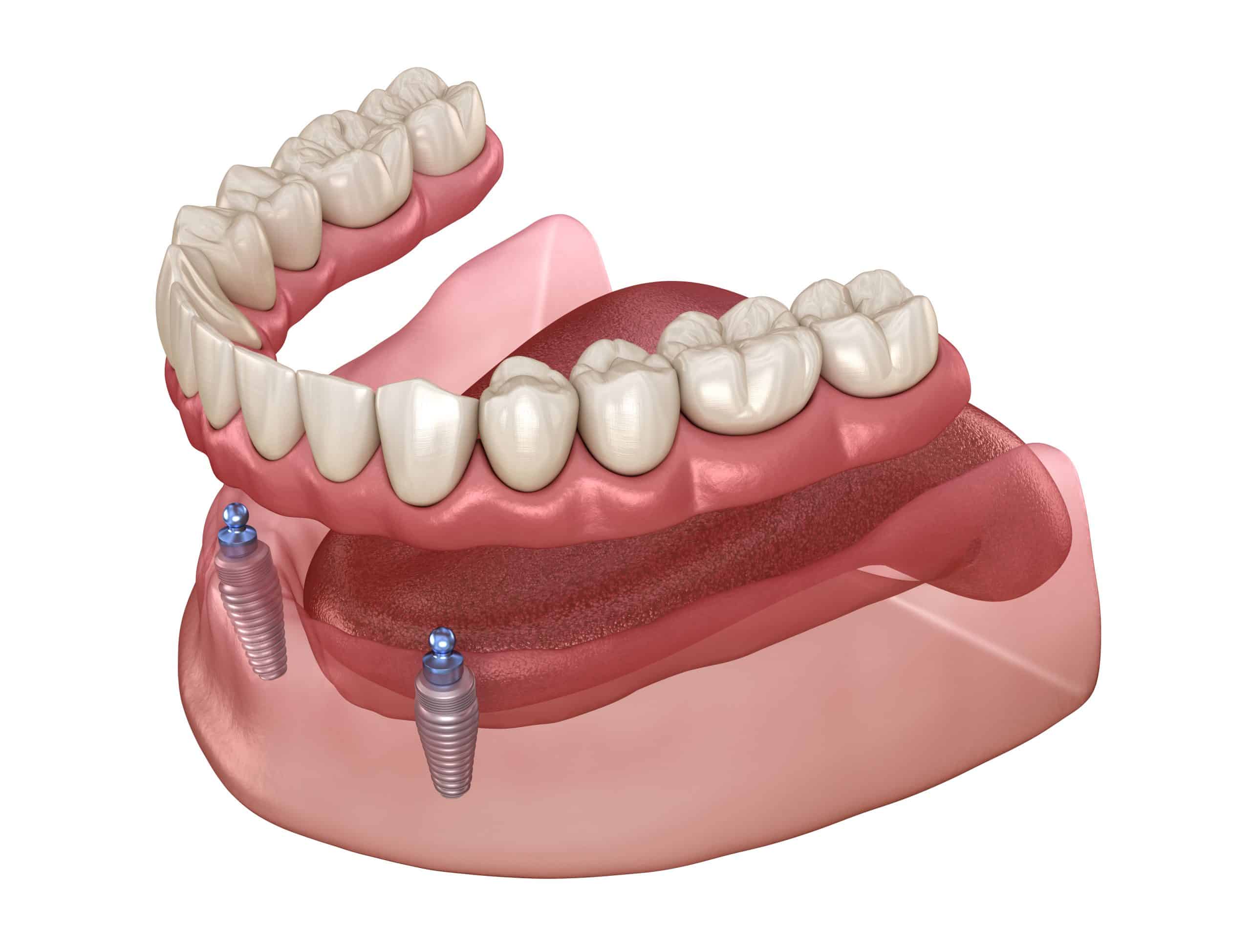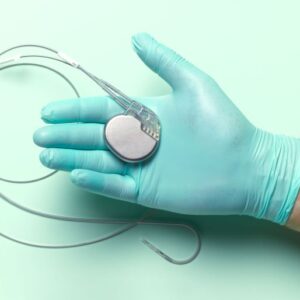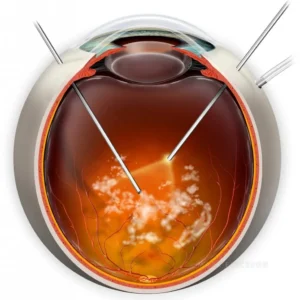Description
Familiarity with Treatment
An overdenture is a type of removable dental prosthesis that is designed to fit over retained teeth, tooth roots, or dental implants. It provides improved stability and retention compared to traditional complete dentures.
Procedure
The procedure for overdentures typically involves the following steps:
- Evaluation and Planning: A comprehensive evaluation is conducted to assess the patient’s oral health, remaining teeth, bone density, and suitability for the procedure. This may include imaging studies and a thorough examination of the oral and jaw structures.
- Tooth Preparation or Implant Placement: Depending on the case, the remaining teeth may be prepared to support the overdenture or dental implants may be placed to serve as anchors for the prosthesis.
- Impressions and Prosthesis Fabrication: Impressions of the prepared teeth or dental implants are taken to create a custom-made overdenture that fits securely over the retained structures.
- Prosthesis Attachment: The overdenture is attached to the retained teeth or dental implants using various attachment systems, such as clasps, bars, or magnets, to provide stability and retention.
Who is it Suitable For?
Overdentures are suitable for individuals who have some remaining teeth, tooth roots, or dental implants that can serve as anchors for the prosthesis. They are particularly beneficial for individuals who desire improved stability and retention compared to traditional complete dentures.
Who is it Not Suitable For?
Overdentures may not be suitable for individuals with certain medical conditions or insufficient remaining teeth or dental implants to support the prosthesis. A comprehensive evaluation by a dental professional is necessary to determine suitability for the procedure.
Advantages
- Improved Stability: Overdentures offer improved stability and retention compared to traditional complete dentures, as they are supported by retained teeth, tooth roots, or dental implants.
- Preservation of Bone and Soft Tissue: By retaining natural teeth or dental implants, overdentures help preserve the underlying bone and soft tissue, preventing further resorption.
- Enhanced Chewing and Speaking: The improved stability of overdentures allows for better chewing efficiency and speech clarity, enhancing overall oral function.
Complications
- Prosthesis Discomfort: Some individuals may experience initial discomfort or soreness with the overdenture, which can be addressed by adjustments or modifications.
- Oral Hygiene Challenges: Proper oral hygiene is crucial for maintaining the health of the retained teeth or dental implants supporting the overdenture. It is important to clean the overdenture and the supporting structures thoroughly to prevent complications such as gum disease or tooth decay.
Preoperative Care
Preoperative care for overdentures involves a comprehensive evaluation by a dental professional to assess the patient’s oral health, remaining teeth or dental implants, and suitability for the procedure. This may include imaging studies and a thorough examination of the oral and jaw structures.
Postoperative Care
Following the placement of overdentures, individuals should adhere to postoperative instructions provided by their dental professional. This may include guidelines for oral hygiene, dietary restrictions, and follow-up appointments to monitor the fit and function of the overdenture.
Overdentures offer improved stability, retention, and oral function compared to traditional complete dentures.





Reviews
There are no reviews yet.